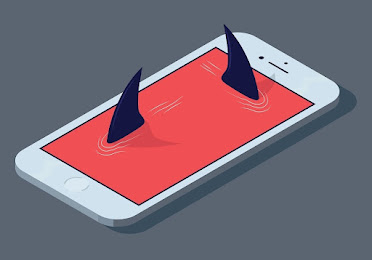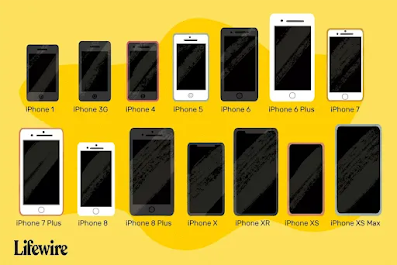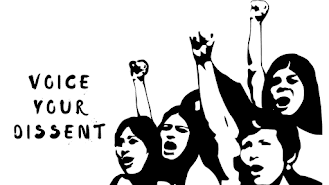In 2007, the iPhone took the world by storm and still does today. When in a room of young adult to middle aged Americans, I can guarantee that over half of them have a iPhone in their pocket or purse. Apple transformed their niche product for early adopters into a dominant economic force. When the iPhone was first released, it was still a "relatively niche product," confined to one wireless carrier and targeted at the early technology adopter. Now it has become a much bigger deal, in the first quarter of 2010, Apple sold 8.7 million iPhones. In the first quarter of 2018, Apple sold 47 million iPhones. The iPhone has become intertwined in our lives because it replaced so many other devices. It is all about convenience. Most young people don’t even have alarm clocks anymore,while it also replaced in-car GPS devices, MP3 players, and even flashlights.IPhones are not only a product, but have become a status symbol. Apple's first smartphone represented a new age of technology that many people wanted to adopt early, especially the younger and middle aged generation. It was something shiny and new that caught on rather quickly due to the fact that Apple kept improving their product and making it more valuable. In today's world, iPhones distortedly represent the "upper class" or people with money. Apple has created such an image for their product that society assumes you must have money to have it even though that is usually not true. In a recent conversation in my human communication class, I even found out that Apple does not allow villains in movies to ever be shown with or using an iPhone. The company does not want their product associated with the antagonist of a story, which highlights how focused they are on their brand's reputation and why their sales are so high. The company has tweaked and perfected this image of the iPhone because you're not only buying the product, but also the elevated status that society now sees you in.

Of course there are always the late adopters or those who never adopt the technology at all. For the iPhone, that group of people is usually the older generation or those who think that Apple as a company is too powerful, and they do not want to give them money (that would be my older brother). Older generations have seen a lot of change in their lives but this relatively quick and drastic rise of technology can be overwhelming. Personally, I have seen this through my grandparents. Both of my grandmothers eventually gave in and got iPhones as we put them on our plan because it was easier, allowing them to be in direct contact with us all the time. My grandfathers on the other hand are perfectly happy with their flip phones.

Some would say that the iPhone has also created as many new industries as it destroyed with the rise of hundreds of thousands of apps and media platforms. In this case I think the positives can outweigh the negatives just pertaining to the iPhone itself, not social media. Although Apple is a big company that is already very large, I think iPhones are a good purchase, and just about everyone could benefit from adopting the technology. Since around half of those with smartphones in the United States have iPhones, it is easier to communicate and connect with others when having the same technology. It is many devices compiled into one, allowing for easy access to the internet, shopping, movies, music, and so much more. The world today and modern technology moves pretty quickly and if you don't keep up, you will easily be left behind. Technology (specifically iPhones/smartphones) are a big part of everyday life now as they make life easier and keep us connected.























